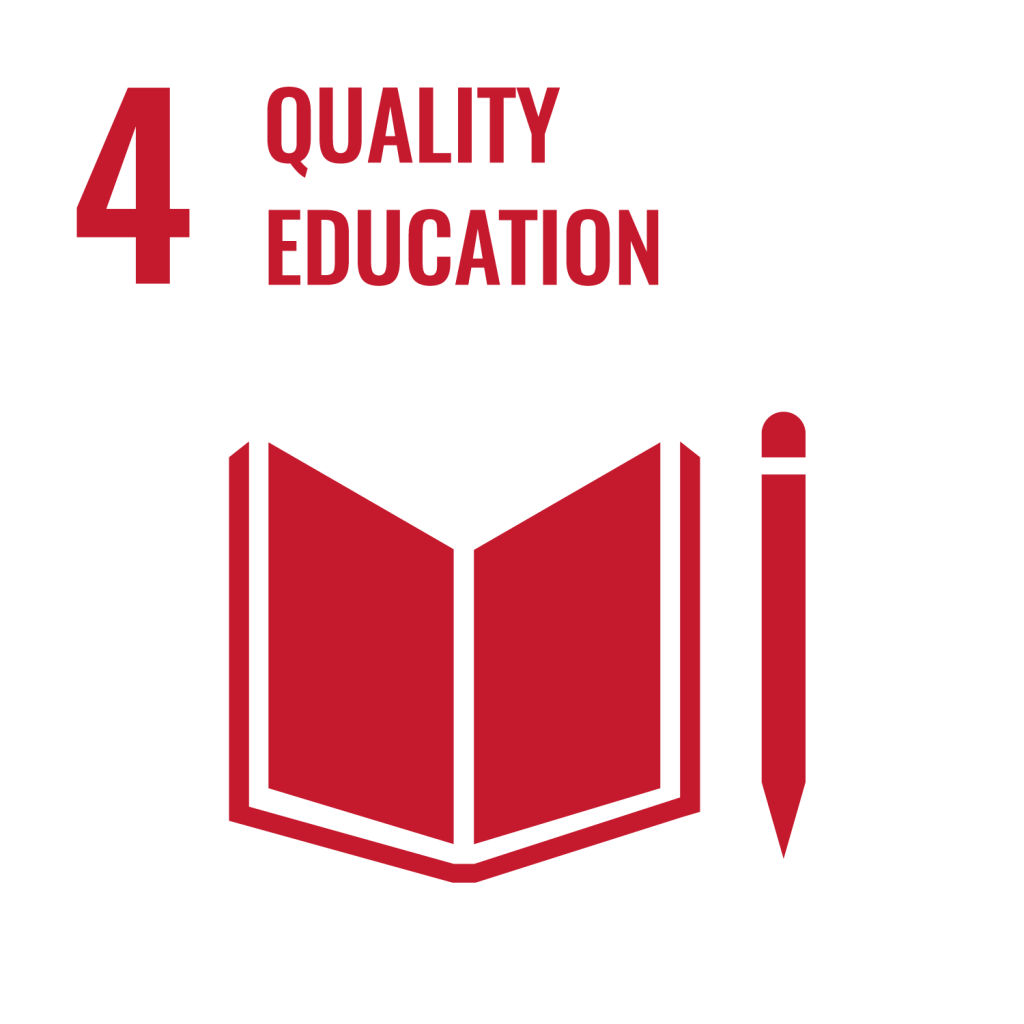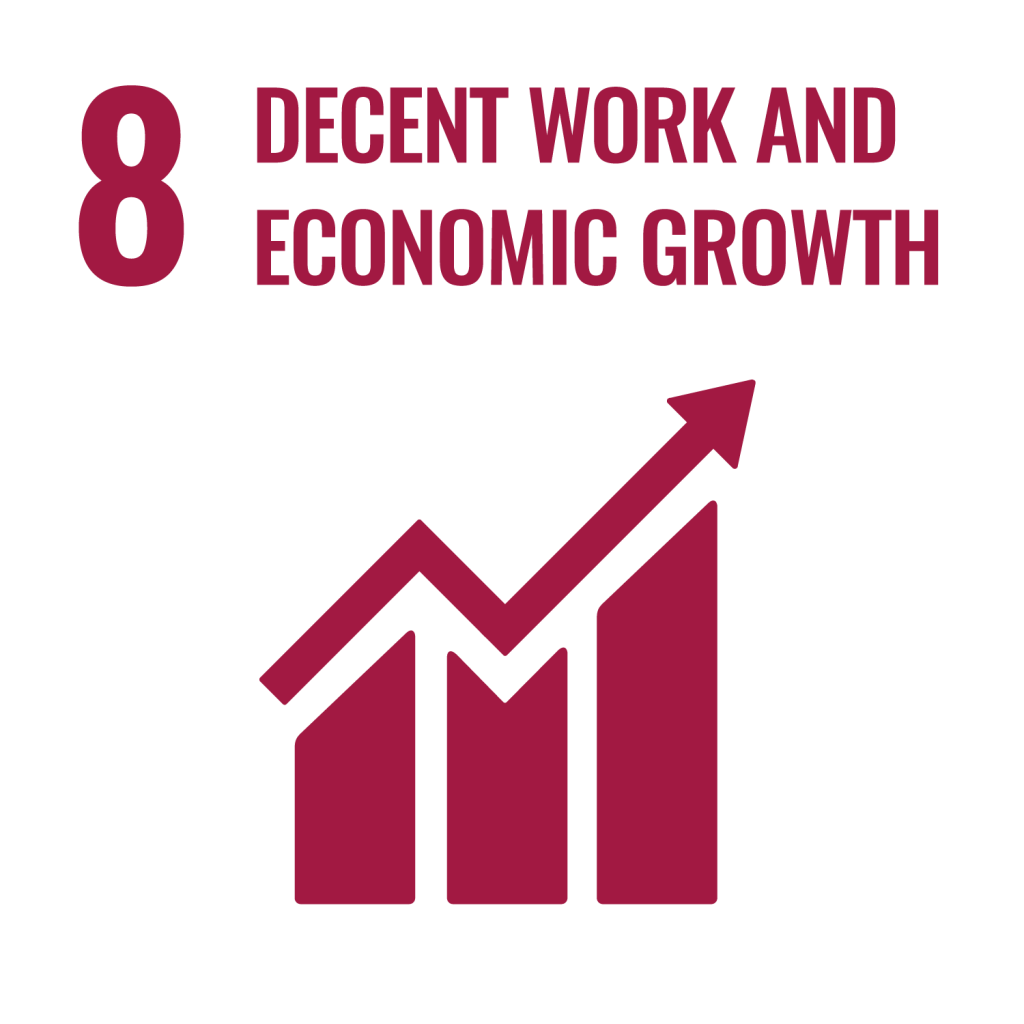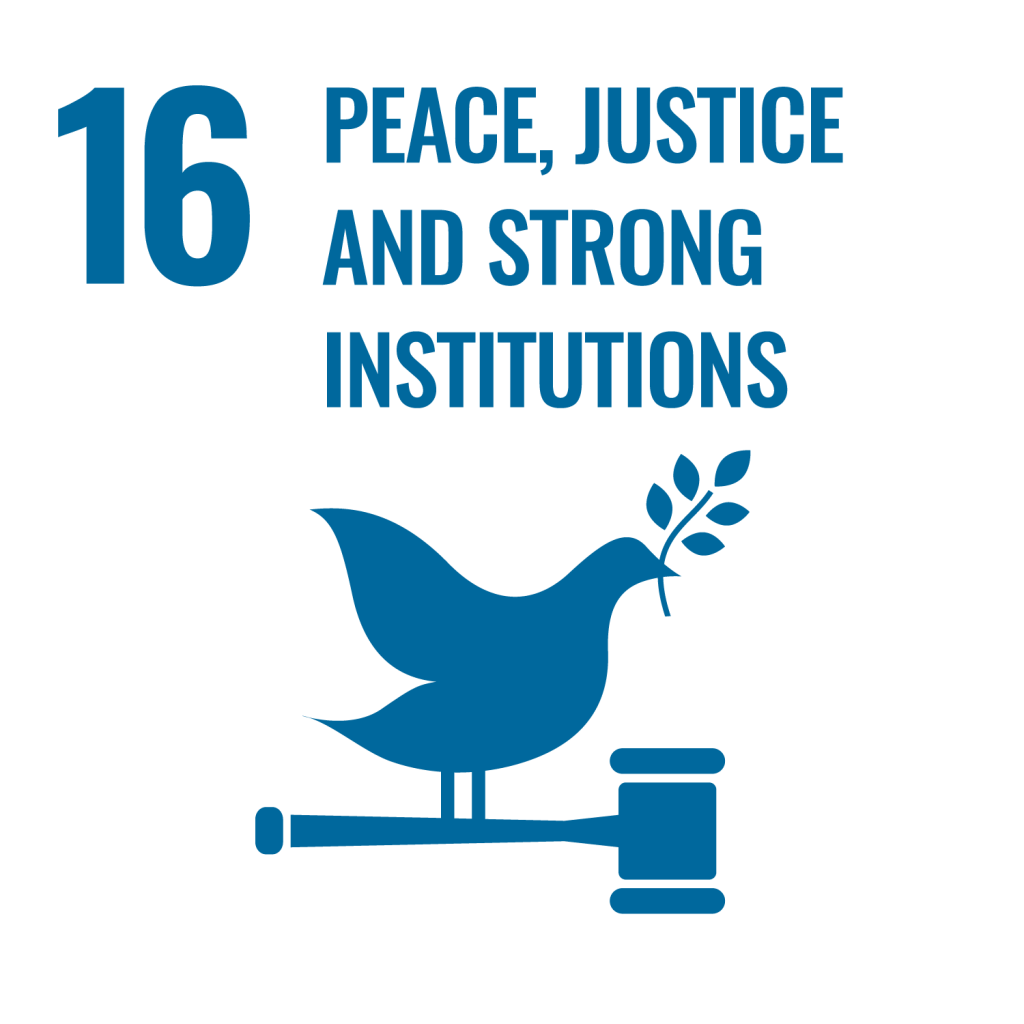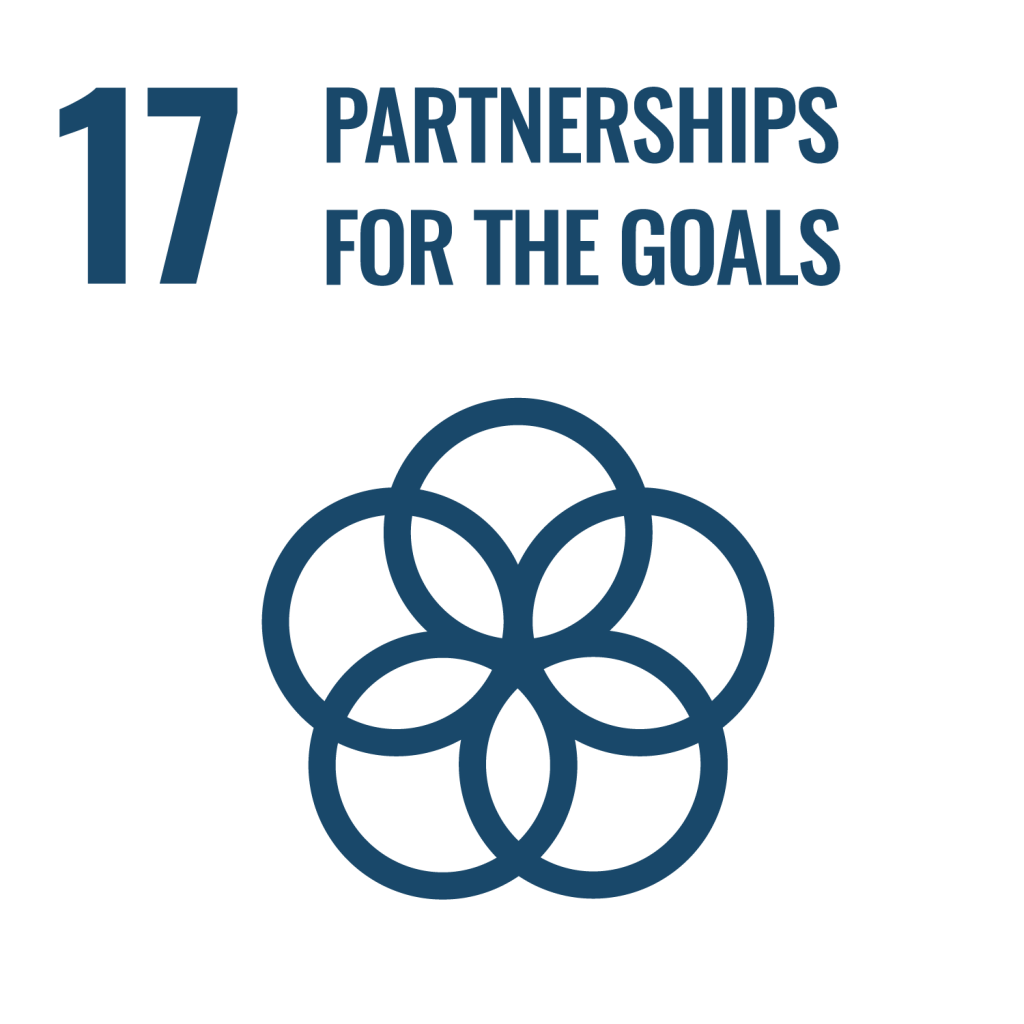At the Centre for Legal Support and Inmate Reform (CELSIR), we believe that every child deserves access to education, regardless of where they are.
For many years, boys at the Special Correctional Centre for Boys in Oregun, Lagos, had no access to formal education beyond Primary 6. Some were as young as 13. Their days were repetitive, and learning had stopped.
In October 2024, we decided to change that. We launched the Juvenile Education Program, bringing teachers, books, and structured lessons into the centre. Our goal was simple: if the boys could not go to school, then school would come to them.
We introduced the Junior Secondary School curriculum and began lessons in English, Mathematics, and Basic Science. The classrooms were modest, with chalkboards, benches, and donated textbooks. Still, they quickly became spaces of curiosity and focus.
The boys were eager to learn. Some struggled at first, but most adapted quickly. Over time, engagement became consistent, and enthusiasm grew.
Our volunteer teachers noticed clear changes. The boys spoke with more confidence and began to imagine life after release. “They became more self-assured,” one teacher said. “They started talking about what they wanted to do next.”
In many juvenile correctional centres across Nigeria, rehabilitation often focuses on discipline or vocational training. Formal education is rare. Yet evidence shows that education plays a key role in reducing reoffending and improving reintegration.
Our initiative is part of a larger effort to make juvenile justice more humane and effective. These children are not beyond help. They are young people who made mistakes and still deserve the chance to learn and rebuild.
In July 2025, history was made. For the first time, boys from the Oregun centre sat for the Basic Education Certificate Examination (BECE) alongside thousands of other students across Nigeria.
The results are still being processed, but for us, the milestone speaks for itself. The boys who once had no educational pathway beyond primary school are now part of a national academic system. They saw themselves as students again, not just inmates.
Officials at the centre have spoken about the visible shift in attitude. “They were proud to sit for the same exams as other children,” one supervisor told us. “It gave them a sense of belonging.”
The success of the Juvenile Education Program has caught the attention of government officials, civil society groups, and education advocates. Our next goal is to expand to other juvenile facilities across Lagos and, eventually, other states.
To make this happen, we need more teachers, more learning materials, and sustained government support.
What we have seen at Oregun confirms what we have always believed: education works, even behind bars. It restores dignity, builds confidence, and reminds every child that their story is not over yet.
Authors: Joke Aladesanmi, David Abraham, Hannah Kintum






